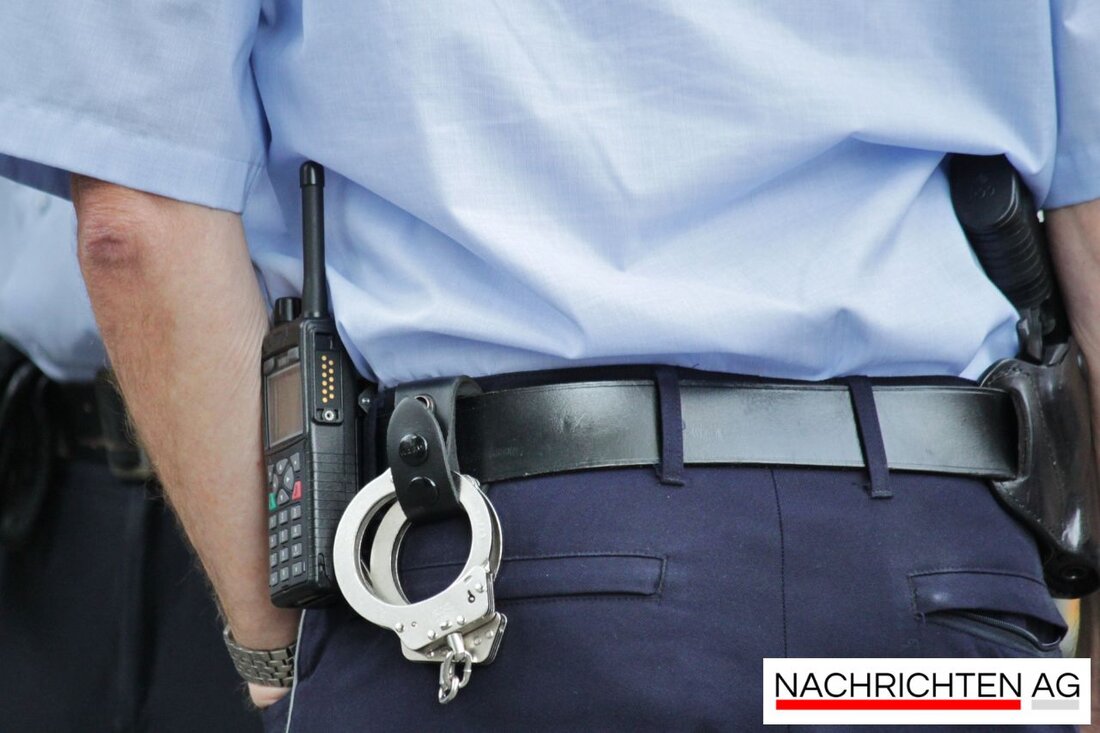Federal Police at the border: harder controls and rejections!
Federal Police at the border: harder controls and rejections!
Lately, the German-Polish border is the focus of the public, not without reason. The federal police have drastically increased its controls at this interface. This was initiated by the Federal Minister of the Interior Alexander Dobrindt (CSU), whose arrangement for the courts in Berlin is faced with several legal concerns. The debate about rejection of asylum seekers, which is put to the test at the borders, raises questions that concern not only legal aspects, but also humanitarian considerations.
For a good two months, the emergency services at the border rejected asylum seekers, which leads to a noticeable tightening of the previous regulations. This measure was issued in spring 2025 when the previous one, introduced by Dobrindt's predecessor Nancy Faeser (SPD), which initially limited controls to the borders to Poland and the Czech Republic, but now is almost like a nationwide operation. The rejection of people without valid papers is only possible if they do not apply asylum. The number of rejections is particularly striking: 3,300 people were sent back under the new provisions, which leads to doubt the legality of these measures in some observers. The controls are also not without consequences; The federal police report on a high level of personnel, which is increased by overtime and additional civil servants.
political dimensions of border controls
criticized rejection policy, however, causes heated discussions. The Berlin Administrative Court ruled that the proceedings of the federal police were illegal in several cases. Although Dobrindt considers these decisions as individual cases, the question of the legal basis of the massive controls remains in the room. According to a report from the Tagesschau, the Federal Government already has plans for a harder migration policy, which is mainly characterized by more border controls and rejections. In the first four weeks of this new regulation, there were 160 rejections at the border, although the people concerned presented asylum.
The dilemma of the federal police can also be seen in the increasing traffic jams caused by the random -like checks. In the meantime, new checkpoints have been built in the form of pavilions and tents. This return to previous border controls, which have been largely dismantled since 2008, is also viewed critically among the population. The Polish Prime Minister Donald Tusk announced that Poland will also introduce border controls again, which could increase the pressure on everyone involved, in particular with regard to the legal and humanitarian challenges.
criticism and challenges
While the federal police speaks of high motivation within the departments, some civil servants express skepticism about the implementation of the orders. Refugee organizations warn that current migration policy could violate European and national law. In the meantime, reports on thrown clothes and foreign currency at the border clearly show that irregular entry take place, which further illustrates the need to monitor.
In conclusion, it should be noted that the new wave of regulatory on the German-Polish border raises many questions. In particular, the balance between the rule of law and a strict border policy will continue to be debated in the coming weeks. The combination of political, legal and humanitarian aspects makes the current location on the border a very multifaceted and explosive topic.In order to learn more about these developments, we refer to the detailed reports from rbb24 and Tagesschau .
| Details | |
|---|---|
| Ort | Frankfurt (Oder), Deutschland |
| Quellen | |


Kommentare (0)